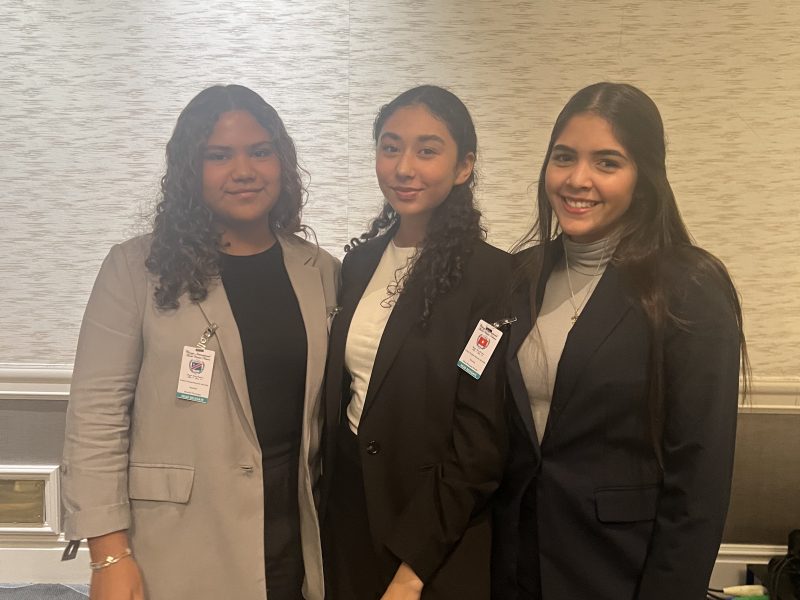Artificial intelligence (A.I) and its recent surge in global usage has undoubtedly raised a myriad
of questions as to how this powerful technology should be used and regulated. Furthermore, it
has become increasingly evident that the integration of A.I. into society not only poses a liability
to the global economy (via workforce downturns), but also threatens the health of Earth’s
environment. With the start of the United Nations General Assembly (UNGA) plenary meeting
on the horizon, the United Kingdom agreed to an interview with the nation’s UNGA delegate
Abigail Shaw to discuss the trivial issues at hand.
The interview began with the question: “What is the United Kingdom’s stance on the promotion
of beneficial artificial intelligence?” Shaw responded by emphasizing that A.I. is a tool that has
the potential to dramatically change billions of lives for the better, however, “The governance of
AI technologies must be done correctly in order to encourage meaningful innovation and
investment into the technology that also protects the public.”
The subsequent question for Shaw was: “How does the United Kingdom plan to approach the
promotion of beneficial artificial intelligence?” Shaw’s response was the proposal of the
“L.O.C Plan”, a multifaceted solution whose abbreviation stands for Limits, Oversight, and
Creation. Through this plan, the United Kingdoms strives to limit the amount of harmful A.I.
available on the internet, implement a UN subcommittee to monitor A.I. activity, and eventually
have new beneficial A.I. be created that’s properly regulated from the ground up.
As hopeful as the contents of the L.O.C. Plan appear upon first glance, there is still legitimate
concern to be had for the lack of consideration towards the effect that artificial intelligence has
on the environment. As the A.I. Industry grows, it will have to comply with the U.N. Sustainable
Development Goals. At this current rate, studies show that compliance won’t be possible if
the energy required to operate artificial intelligence is not harnessed sustainably.
As the interview concluded, Shaw provided that the United Kingdom’s hopes for the
plenary committee itself are to witness “vivid displays of international diplomacy” in the
aspiration that member states of the UNGA can engage in “peaceful negotiations and dialogue
with one another that allows the committee to pass solutions that effectively promote the use of
beneficial A.I.”

